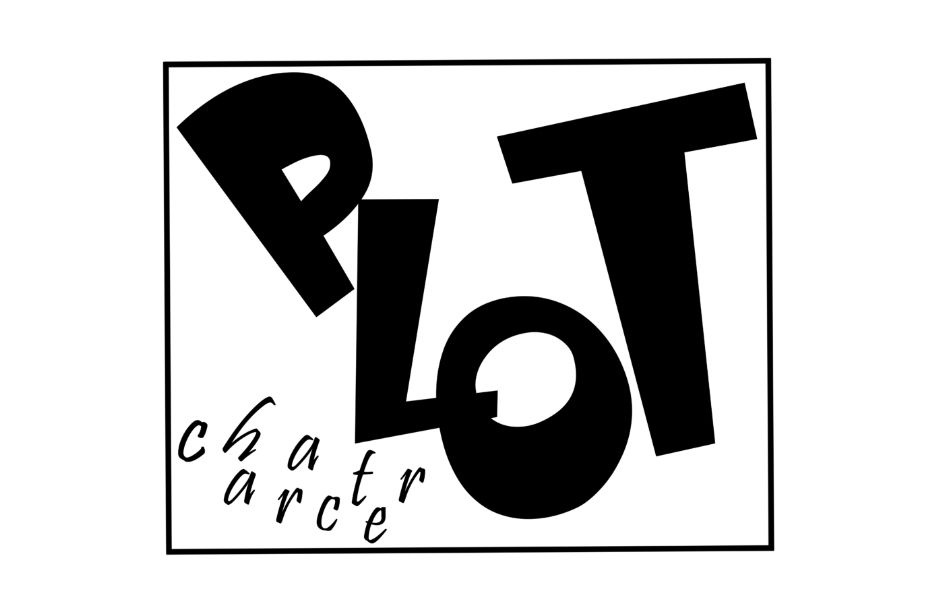Too Much Plot, Not Enough Character
- Bettina Caluori

- Jul 15, 2020
- 3 min read

Everyone loves a good plot. I do, too. It’s thrilling when a character lives at a cliffhanger pace. But plot can begin to dominate narratives and empty characters out, throwing away any sense that they might be learning individuals and turning them into hollow types. This happens when characters need to make the same mistakes over and over just so the plot can go on. And on and on.
I have stopped watching shows that I really liked because of this. I am thinking of Mad Men. Nashville. Scandal. I couldn’t take Olivia Pope’s character choosing or not choosing Fitz one more time, or Juliette Barnes learning once more not to be selfish and then succumbing again. Is it interesting to take a fascinating and good-looking character like Don Draper and make him do something dastardly in almost every episode? Yes, to a point. I may hang on for multiple seasons, but when I start to be bothered by writers playing cat-and-mouse with me, I’m done.
To be clear, types can be fun. For example, I love Melissa McCarthy in Spy because her character is an anti-type (not the typical sexy spy) who becomes a new type (Everywoman as spy). I won’t go to Spy 6, however, unless it gives me something new—like her character coping with being both a spy and a grandmother, but still kicking ass when she has to rescue an undercover agent who has been imprisoned in a nursing home in Russia/China/Iran. I might even pay to see that on the big screen, so I’m not ranting from a high and snobby literary pedestal here.
I just sometimes appreciate a character-driven narrative simulating the course of a real person’s development. Sally Rooney achieves this in her novel Normal People, I think. She pares her narration down to emotional essentials so she can tell a fast-moving story spanning years, allowing both plot and character to advance apace. Listening to Ralph Ellison’s Invisible Man on my commute (as read by Joe Morton), I was blown away by how much the narrator insists on taking the reader deeply, deeply into his thoughts. There’s plot. Is it a page turner? I think that’s the wrong question for that book. The invisible man is trying to make his personhood visible, and that involves some doing, but also depth in being.
It can be a relief to pay attention to this because lately we tend to make shallow characters of ourselves on social media where the plot is skimpy, too: I just did this! And this! And see me do this! Now I am with them! I love these. I ate this. But this isn’t the full story. It’s just what we show. Inside our heads, silent thought babbles on, a constant inner noise that feels like the most important plot we’ve ever tried to sort out in order to discover what we might actually be able to learn. When we do manage to become different from the way we were in important ways, all the thinking along the way deserves some credit and attention. The examined life is not a matter of changing and changing and changing as quickly and automatically as new circumstances materialize. If that were true, we’d have no real character. No convictions. Oh wait. That’s where I started. When the force of plot empties a character.
My novel is character-driven, about a quiet young woman, Susanna, who needs to figure out her career and herself amidst a lot of external expectations. She’s a literature graduate student, and after she discovers Elizabeth Gaskell and Charlotte Brontë, 19th-century women writers calculating how to challenge society’s norms, her story begins to alternate with theirs. For the reader, the point is how all the characters relate—those in Susanna’s present and the historical characters, too. It’s about events, what people choose and what happens to them, but also how much of the plot of life is the way they think about it. It’s the kind of reading experience we sometimes need. A relief from the rush. An escape into depth. A validation that we have internal lives we are constantly experiencing in relation to the other characters we call our family, friends, lovers, colleagues.
So, move over, Plot. Let Character have a turn.


Comments